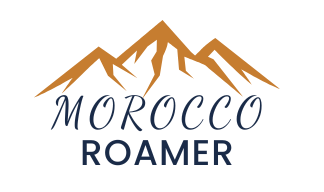When it comes to traveling in Morocco, safety is a top priority. As one of the most popular travel destinations in North Africa, Morocco offers a rich cultural experience, stunning landscapes, and welcoming locals. However, like traveling anywhere, it’s important to stay informed and take necessary precautions to ensure a smooth and secure journey.
At Morocco Roamer, we are committed to providing you with the most up-to-date information and expert guidance so you can enjoy your trip with confidence. This page is dedicated to helping you understand how to stay safe during your Morocco trip.
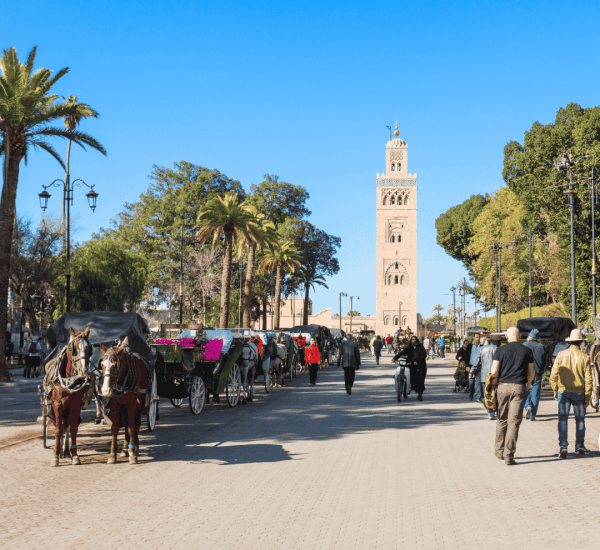
Morocco’s healthcare system is generally good, but it’s advisable to take necessary precautions before your trip:
While it’s relatively safe, it’s best to stay vigilant in crowded areas like Jemaa el-Fna square and the Medina. Beware of unsolicited guides offering services, as some may overcharge.
While it’s a fantastic place to explore, it’s easy to get lost. Hire a professional guide to navigate the streets safely and ensure you don’t fall prey to scams.
Like any big city, exercise caution in less populated or poorly lit areas.
Prepare for extreme temperatures and pack accordingly. Make sure to travel with a reliable local guide who understands the desert environment.
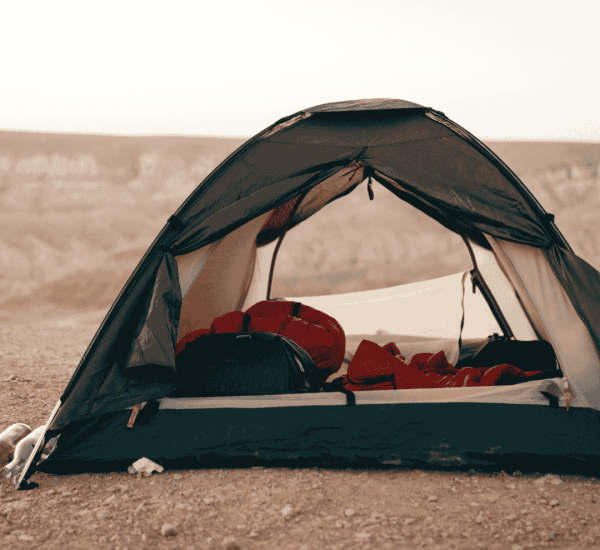
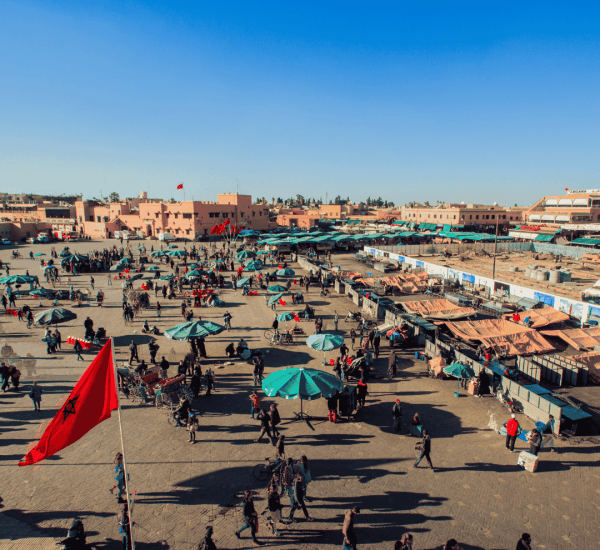
While Morocco is a welcoming destination for tourists, like any popular country, there are occasional scams that you should be aware of:
In the unlikely event that you need assistance during your trip, here are some important emergency contacts in Morocco:
For any other travel-related assistance, our team at Morocco Roamer is always available to provide support and ensure your trip is both enjoyable and safe.
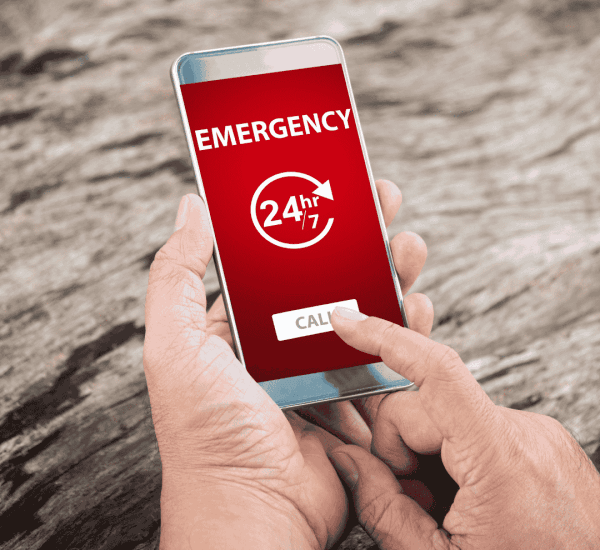
Chat with us
